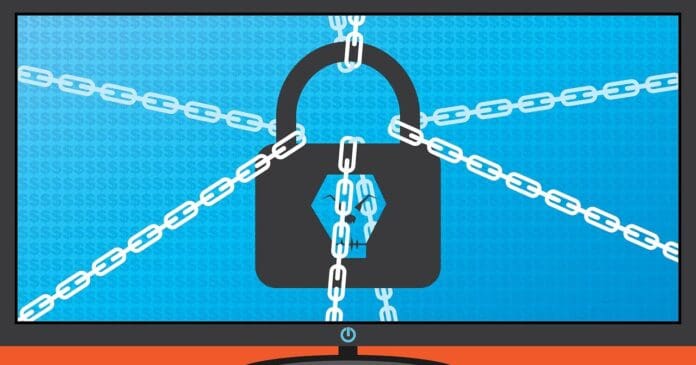Sharing your personal information online may seem so harmless at first, yet it can easily expose you to some serious risks. Cybercriminals always look for loose ends to access, and getting too much info out there merely makes their lives easier.
Some platforms don’t ask you for KYC and, therefore, can provide you with faster and safer methods for keeping your identity private. Also, there are some other systems that could help you lower the probability of your data falling into the wrong hands – let’s check them out!
Risks of Oversharing – Identity Theft and Financial Fraud
Every piece of information that you give out on the internet is a potential target for hackers. One of the most common problems is identity theft, with more than 1.4 million records in 2024.
Quite often, such stolen information can give the chance to criminals to present themselves as others, access accounts, or commit fraud. Even your full name, date of birth, or address may be enough to cause damage.
Another big concern is financial fraud – criminals make unauthorized transactions or withdrawals using your stolen banking details. Many people make it even easier for hackers by saving payment information on websites or using weak passwords.
Instead, basic practices such as the selection of safe platforms that allow 2FA to turn on, in conjunction with avoidance of financial transaction processing on public Wi-Fi, can help the most.
Why KYC-Free Platforms Offer Extra Layer of Privacy
One of the best ways to cut down on the chances of these risks is to make use of platforms that have no classic procedures for checking the identity of their users through KYC processes.
The best example might be online casinos – since users are already too sensitive about giving their info, especially when they need to give their bank info.
So, those who opt for casinos without KYC needed, they wno’t need to go through or fill in sensitive information about their identity with identification numbers and house or office addresses.
If you’re among those who want to play without ID, you can avoid leaving any unnecessary data trails that might otherwise fall into the wrong hands. This is particularly valuable since even huge corporations now can face data leaks, exposing millions of their users to cyber threats.
Real Consequences of Data Breaches
The aftermath of data breaches is not only financial but also personal. For example, most burglars now use social media to find out when a house is empty.
In fact, one study found that 78% of burglars said they watched social media to choose targets for burglary. Posting on social media about your vacations or personal schedules can expose you to some kind of risk.
Besides physical harm, there is another important aspect – reputation. Employers, admission committees, and even insurance companies nowadays follow online behavior. One lousy post or comment from years ago can kill career prospects, shut doors to schools, or even hike up your insurance rates.
If you’re selective about what you put on the internet – you can help shield not just your privacy but also your future.
How Technology Can Help You Stay Safe
Encrypting your data is one of the easiest yet effective ways to keep yourself out of the trouble. The fact that these websites use SSL encryption means that whatever information you send over, it will be delivered securely.
The use of a virtual private network will make your security stronger by hiding your activity online. Other sites that do without KYC also help eliminate collection of data, which is really not needed.
The less information you give, the less can actually be stolen. That could save you a lot of time and might keep your sensitive information out of the reach of any potential breach.






